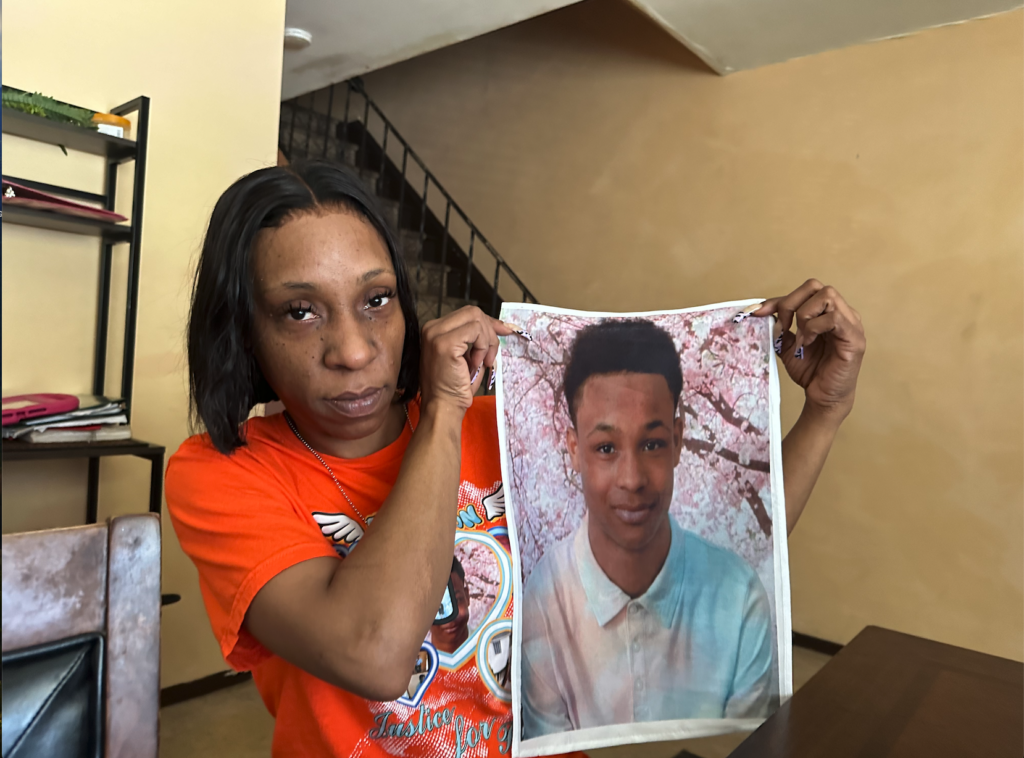Judge rules to reinstate Democratic presidential primary for June 23

The Democratic presidential primary is now back — at least for now.
A court order reinstated the primary for June 23 after the New York State Board of Elections recently canceled it out of concern for the coronavirus pandemic and the fact that there was one presumptive candidate: Joe Biden.
Primaries for local elections were not part of the original cancellation and are still scheduled to continue.
The Board of Elections is now appealing the decision.
A lawsuit filed by former Democratic candidate Andrew Yang, and a group of several other of his delegates, argued the decision to cancel the primary and remove their names from the ballot violated their Constitutional rights.
The primary was originally scheduled for April 28, but an executive order by Gov. Andrew Cuomo in March pushed it back to June.
A total of 10 candidates, all of whom had dropped out of the race, were removed from the ballot following the state BOE’s decision to cancel the primary.
In court documents, the plaintiffs argued that while the main purpose of the Convention is to select a presidential nominee, it also “serves to determine the party’s principles and goals through the adoption of a platform. Delegates play a pivotal role in this process by casting votes on platform issues and issues of party governance.”
On Tuesday, United States District Judge Analisa Torres granted a temporary injunction to reinstate the primary for June 23 and add back the 10 candidates to the ballot, writing that there is a “strong public interest” for it to proceed.
“If all but one of the presidential candidates are removed from the ballot and the primary is not held, Delegate Plaintiffs will be deprived of the opportunity to compete for delegate slots and shape the course of events at the Convention, and voters will lose the chance to express their support for delegates who share their views,” Judge Torres wrote in the court filing. “The loss of these First Amendment rights is a heavy hardship.”
Mr. Cuomo had previously signed an executive order that would allow every registered voter to receive an application for an absentee ballot in the mail. And registered voter can receive the absentee ballot by selecting “temporary illness or physical disability” on the application. Rules typically limit who can vote via absentee ballot to those who can’t be in the state at the time of election or face a physical hardship. Those who sign up to receive an absentee ballot will get in the mail within two weeks of the election.
Judge Torres referenced that decision to allow absentee ballots when weighing the state’s interest to prevent the spread of COVID-19. Having more voters using absentee ballots would make it easier for voters and poll workers to practice social distancing, she wrote.
Given that the election is still two months away, Judge Torres also wrote that the Defendants have enough time to respond and for the election “to proceed in a safe manner.”
Approximately 1.97 million votes were cast in the 2016 Democratic primary when there were two candidates trying to secure delegates.
Part of the concern in cancellation was that it would limit turnout for other elections still scheduled. There are several local primaries, highlighted by the Democratic primary for the 1st Congressional District to see who will challenge incumbent Republican Lee Zeldin in November.
In an appeal filed Tuesday, the defendants argued that holding the presidential primary is estimated to require 22 more early voting sites that will need to be staffed 60 hours over nine days; 615 more poll sites and 4,617 more poll workers. Some counties are reporting that 50% or more of their usual poll workers are declining to work this year out of fear of contracting COVID-19. Finding suitable poll sites has also been problematic.
If the presidential primary is canceled, the counties “can turn their attention to planning for the actually contested elections and better ensure they are administered in a manner that protects the right to vote,” the appeal stated.








